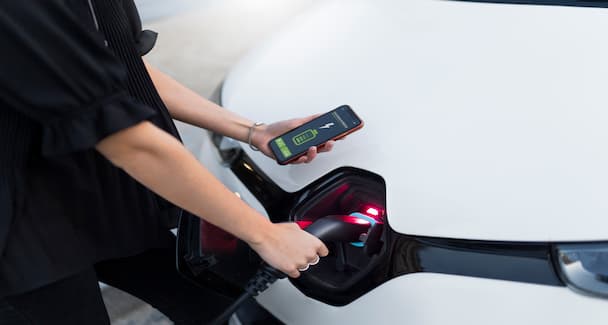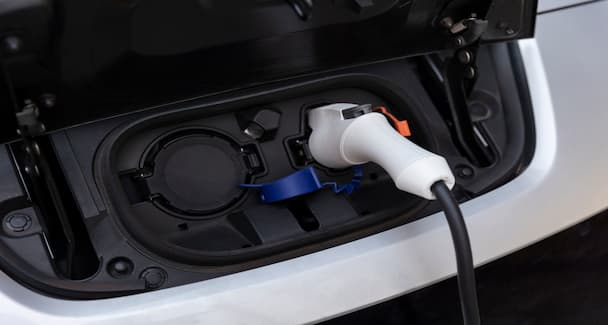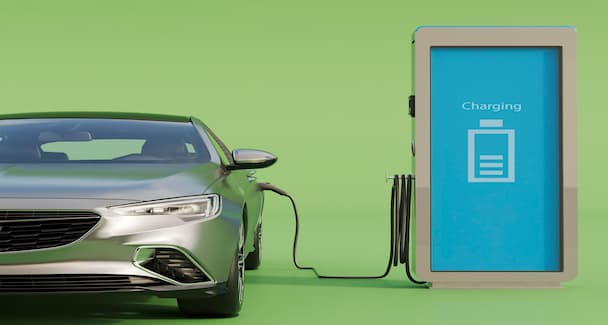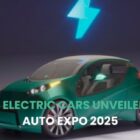Maintaining EV Charging Station: Vital Tips For Keeping Your Charger Running Smoothly
Green vehicles are fast gaining popularity in India. More and more people are switching to greener options. As this shift happens, the need for a sturdy charging infrastructure grows. However, proudly owning or using a charging station isn’t just about setting it up—it’s additionally about maintaining it. Everyday upkeep ensures that your charging station remains dependable, efficient, and secure for all customers.
Technical know-how about how the Charger Works
It is vital to know how a charger works. Your charger takes electricity from the grid and converts it into a form that your vehicle’s battery can receive. Relying on the type of charger—the power and speed of charging vary. However irrespective of what type you’ve got, they all have these components: the charging unit, energy cables, connectors, and software program that manages the charging process. If any of these components fail, your charger may become dysfunctional.
Preserving the Charger
India’s climate may be quite harsh, with dirt, rain, and intense temperatures affecting electronic equipment. The chargers aren’t any exception. Dust and dirt can accumulate on connectors and vents, leading to overheating or bad electric connections. Wiping it regularly can stop pointless issues. If your charger is placed outdoors, set a small protective shade over it to guard it from heavy rain or UV rays.
Checking the Cables and Connectors often
The charging cable and connector are the most used components. It means that they may also be the maximum liable to damage. Customers may additionally by accident bend or twist the cable of evcs in Delhi, leading to wear and tear. Cleaning it with a dry cloth or using compressed air to put off particles can preserve it in top situations.
Ensuring proper Earthing for safety
One of the biggest issues with any electronic gadget in India is safety. Right earthing is essential to prevent electrical shocks and make sure the charger operates easily. If a charger is not earthed nicely, it can cause electricity fluctuations or may pose a safety threat to users. Checking the earthing frequently with a certified electrician ensures that your charging station stays secure for all and sundry.
Software program Updates
Maximum cutting-edge chargers come with software programs that help manage charging procedures, monitor electricity consumption, or even offer remote troubleshooting. Like your phone or computer, updating this software program is crucial. Manufacturers launch updates that enhance performance, remove bugs, and enhance safety. Ignoring software updates can lead to overall performance issues or make your charger at risk of cyber threats. Many chargers permit automatic updates, but it’s always proper to check the producer’s site or app to make certain your charger is running the state-of-the-art model.
Stopping Overheating issues
Overheating is a commonplace issue, especially in Indian summers while temperatures bounce above 40°C in many locations. A charger that overheats often might also reduce performance or even shut down temporarily. Proper airflow around the charger is important. Ensure the vents aren’t blocked and that the charger has sufficient space around it for airflow. In case the evcs in Delhi are in a specifically warm vicinity, remember installing small shades to protect them from direct sunlight.
Fending off energy Fluctuations and Voltage Surges
Power fluctuations are not unusual in India, particularly in regions with inconsistent energy supply. Surprising voltage surges can harm the internal components. The usage of a voltage stabilizer or surge protector can assist prevent those problems. A few chargers include integrated surge safety, but if yours doesn’t, making an investment in one could save you from pricey upkeep.
Handling Charging errors
Sometimes, in spite of right maintenance, a charger would possibly fail to charge a car. This could be due to a minor glitch. In case you get a notification on the display or through the app, don’t panic. First, try restarting the charger by turning it off and on. If the trouble persists, check the troubleshooting manual. Most problems may be tackled easily, but if you’re uncertain, contacting customer service or an authorized technician is the correct alternative.
Protective towards Unauthorized utilization
Public and semi-public chargers are sometimes used by unauthorized people, leading to excessive wear and tear. Many smart chargers come with consumer authentication capabilities, together with RFID cards or mobile apps, to prevent unauthorized use. If your charger is frequently used without permission, remember enabling these features. Locking the charger can prevent misuse.
Routine professional protection
Whilst fundamental upkeep may be performed by the owner or operator, scheduling expert servicing each few months is a recommendation. A trained technician can take a look at inner components, test the charger’s performance, and ensure it meets safety standards. In India, some charger manufacturers provide annual maintenance contracts (AMCs), that can be a superb alternative in case you need hassle-free servicing.
Checking electricity costs
Some chargers include integrated meters that assist tune utilization. In case your energy bill seems strangely high, there might be an issue with electricity usage. Ordinary monitoring can assist identify any inefficiencies and address them earlier than they end up major issues.
Encouraging customers to use the Charger properly
In case your charging station is utilized by multiple customers, teaching users about proper usage can make a big difference. Simple things like unplugging cautiously, not yanking the cable, and reporting any troubles promptly can increase the charger’s lifespan. Take into account putting up a small guide close to the charger to inform customers on quality practices.
Future-Proofing the Charger
EV technology is evolving rapidly, and what’s modern these days will probably become old in some years. Future-proofing your charger means staying up to date with new technology and being open to upgrades. Some chargers permit modular enhancements, in which you could update parts as opposed to the whole unit. In case you’re putting in place a brand-new charger, investing in one with smart functions and scalability can save you from replacing it too quickly.
Wrapping Up: A Well-Maintained Charger is a dependable Charger.
Upkeeping a charging station isn’t hard; however it does require some focus. A nicely maintained charger ensures uninterrupted service, maintains customer satisfaction, and prolongs the lifespan of your funding. With India’s EV market growing, preserving your charger in top form will not only prevent high maintenance expenses but also make a contribution to a greener future.





